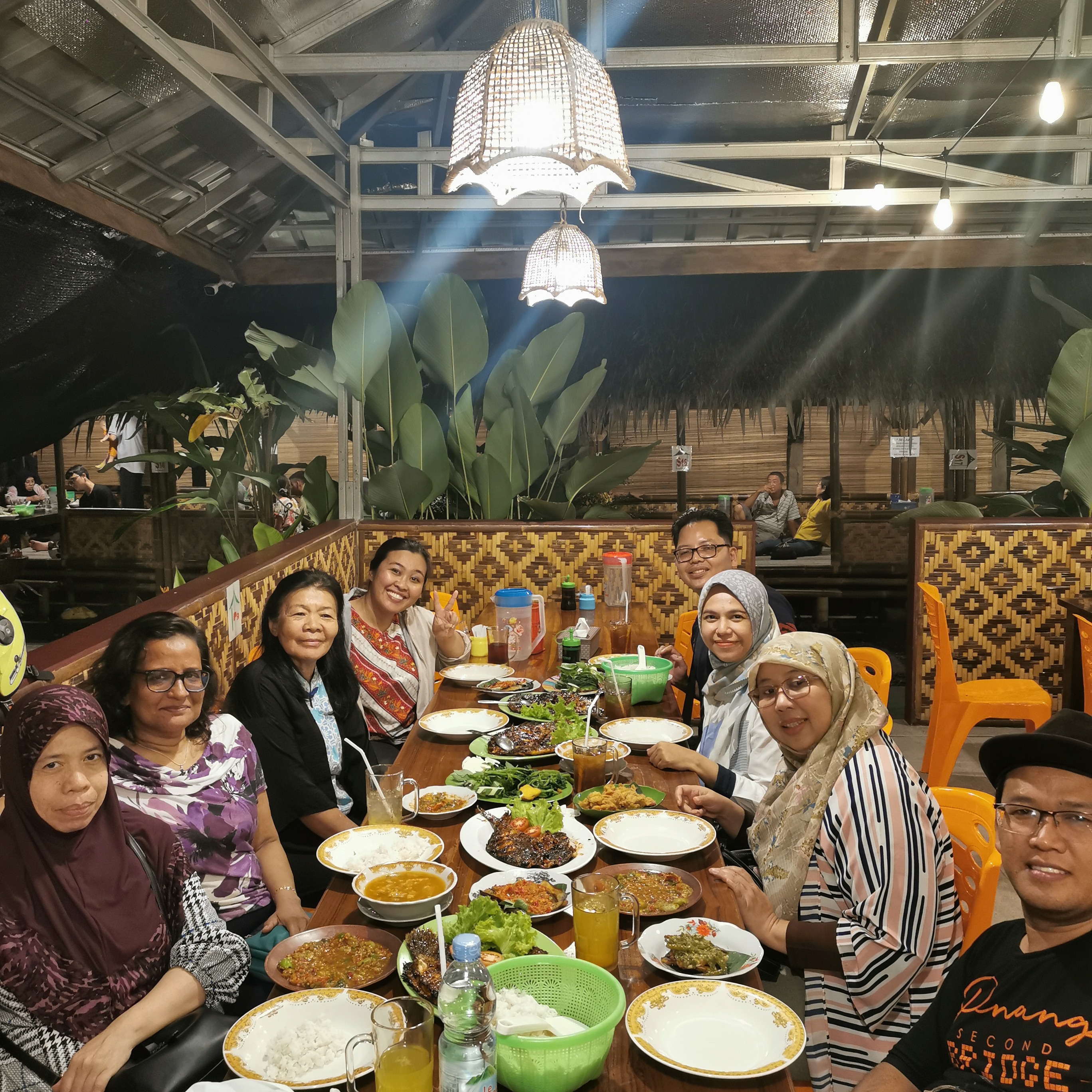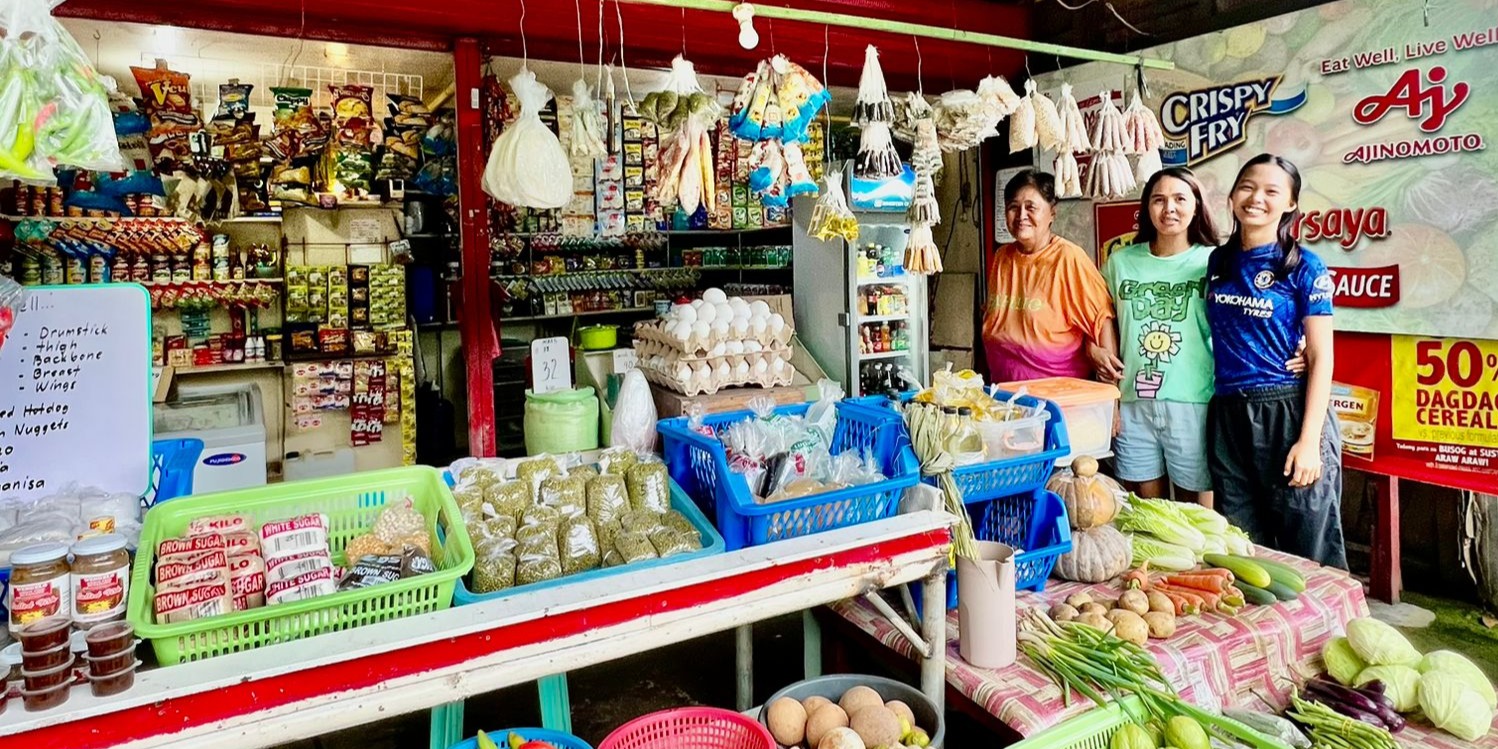The social impact investment journey reflected here began by seed funding a returning foreign worker's business idea, providing her with the means to support her family on home turf breaking the remittance cycle from developed to developing economies. Funding was provided through a donation rather than an investment. The success of this venture soon led to an impact investment in another former foreign worker’s business.
For clarity, the term ‘foreign worker’ used on this website refers to ‘migrant domestic and construction workers’ who are never permitted to become citizens in certain countries. They are, therefore, just sojourners and never migrants. Facing poverty and hunger in their home countries, they leave home to work under strict terms and conditions in foreign countries purely for foreign exchange benefits.
For all their hard labour, they do not receive pensions or any other retirement benefits. They are not political refugees but rather, choose to work away from their spouses and children as the foreign currency goes further towards feeding, educating and housing their families in developing economies. Huge sacrifices are made as foreign workers typically only see their spouses and children once in two years. Due to harsh economic conditions at home, marriages are often already broken or likely to break during these years of separation.
Addressing this challenge, social impact was delivered by responding to business ideas put forward by foreign workers to break the poverty and dependency cycle. There are so many wins for both investors and investees as communities are engaged and networks shared. Returning workers build on their existing community networks while investors facilitate new partnerships through professional networks. Education and skills development for the new entrepreneurs is a core part of the process. Developing in-built entrepreneurial and managerial abilities in new entrepreneurs is equally vital.
Social value may seem unquantifiable to investors or analysts focused purely on financial profitability. However, there is general consensus amongst financial regulators and standard-setters that the social impact on all stakeholders - employees, suppliers and communities - should be an intrinsic part of sustainability reporting under any regulatory framework. Double materiality assessment is required of public companies and should be considered by even the smallest of start-ups. This refers to the impact of the company’s activities on people and planet and the material financial risks posed by sustainability issues on the business.
Addressing SDGs 1 and 2 head on delivers tremendous social value by ensuring excellent health and wellbeing, skills development and lifelong learning at work for the former foreign worker turned entrepreneur while facilitating strong community building - all social metrics that the largest corporations are looking at now.



Social value: strong community engagement and support for business ventures in Indonesia and the Philippines.
Find out more about how social impact is measured:
Sustainalytics: Impact Metrics - Analyze and report on the impact of your portfolio
Harvard Business Review: A better way to measure social impact